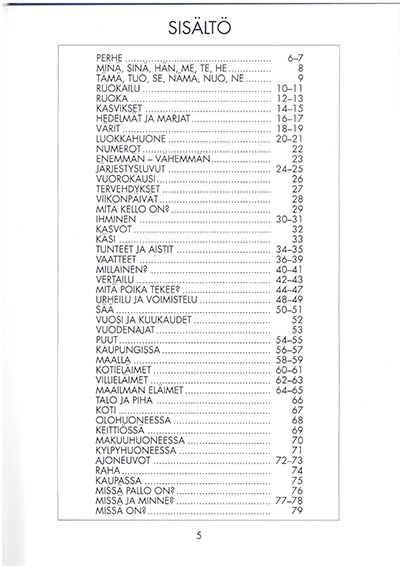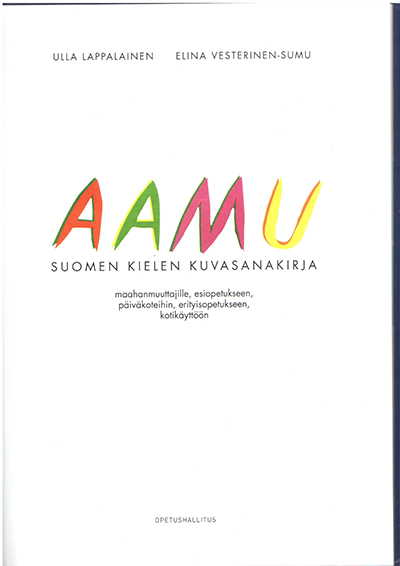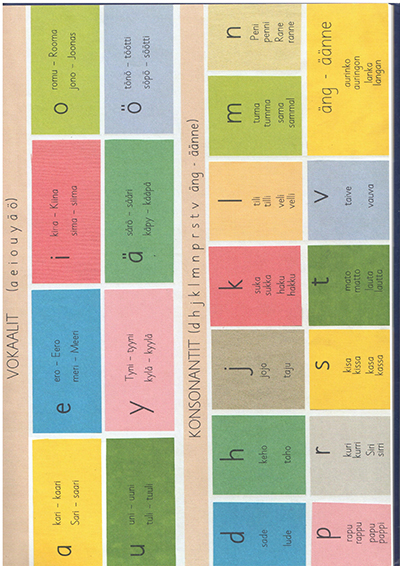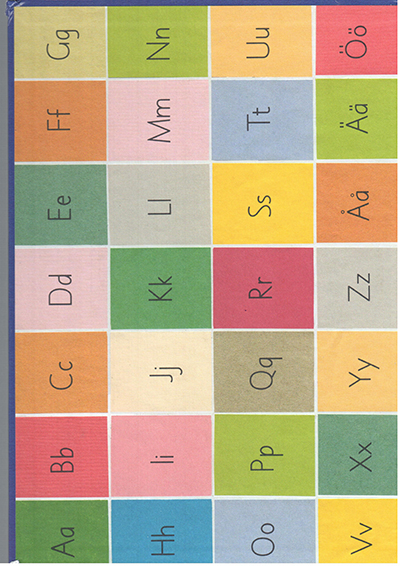| Sorted by date | |||
page174from Building Ideas
It
was consciousness that became the great pivot-point for Marx, about which he
tried to turn Hegel’s philosophy on its head, although more accurately he
described it as standing Hegel on his feet. He felt that the idealist approach
had tried to build a philosophy from ideas, while he was attempting to reverse
this and build an alternative from experience. Hegel had, according to Marx,
simply inverted the real course of history, so to correct this Marx constructed
a system more closely modeled on reality. He did borrow, however, Hegel’s
dialectical model, where progress is described as an interplay between consciousness
and reality. Where in Hegel this process leas to a refinement of concepts, with
Marx it transforms the material conditions of reality. In Marx’s terms this
amounted to a “dialectical materialism”, although he himself only ever referred
to it as the “materialist conception of history”. As he wrote in 1859, in one
of his few philosophical works to be published during his lifetime:
The
mode of production of material life conditions the social, political, and
intellectual life-process in general. It is not the consciousness of men that
determines their being, but, on the contrary, their social being that determines
their consciousness.3
Marx
seemed to suggest that as individuals we are restricted in our actions due to
the presence of an unseen structure that appears to limit the mind’s potential
for free thinking. In a model comparable to the structuralist conception of the
underlying systems of language, Marx set out the means by which this
deterministic process might take place:
In
the social production of their life men enter into definite relations that are
indispensable and independent of their will, relations of production which
correspond to a definite stage of development of their material productive
forces. The sum total of these relations of production constitutes
|
|||
|
|||
|
|
Readingroom from Wu Huiping
1/11Go to Page:
 ... ...
... ... ... ...
... ... ... ...
... ... ... ...
... ... ... ...
... ... ... ...
... ... ... ...
... ... ... ...
... ... ... ...
... ... ... ...
... ... ... ...
... ... ... ...
... ... ... ...
... ... ... ...
... ... ... ...
... ...